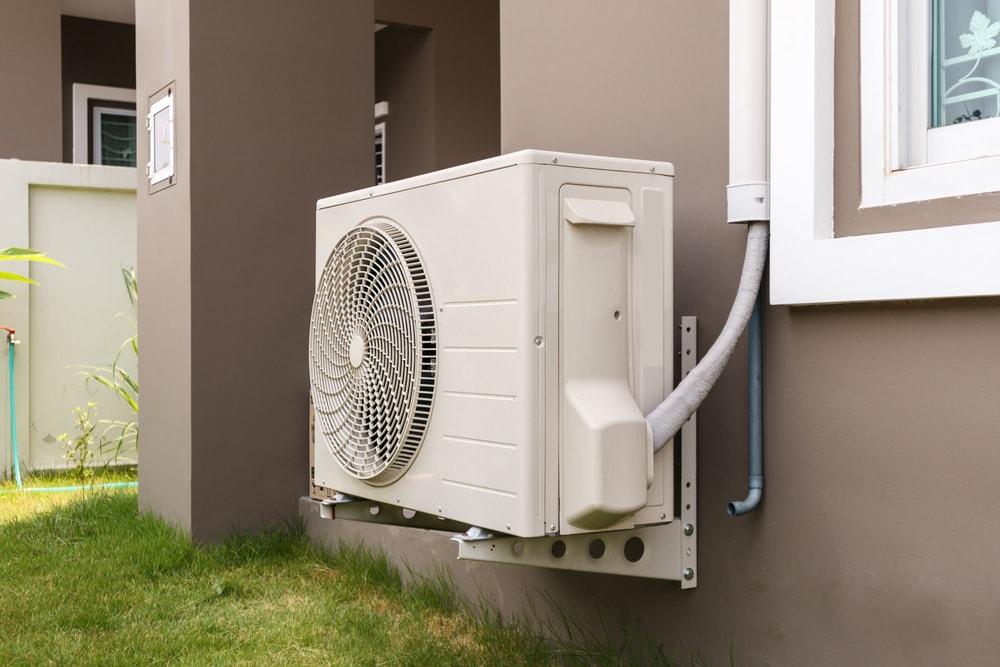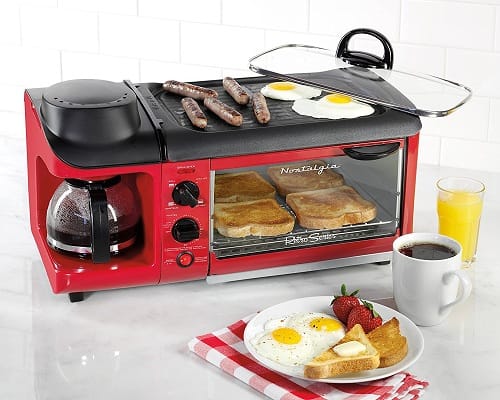Having an air conditioning (AC) system for your home is essential, especially during the warm summer months of the year. A working AC can provide comfort for you and your loved ones.

There are multiple makes and models available in the market for you to choose from. For the most part, AC suppliers like ASAP Air Conditioning would recommend AC options that’ll suit your preferences and liking. When looking for an AC unit, you can consult with a dealership nearby your location to get an expert assessment of your home’s air conditioning needs.
Whether you’re installing an AC on your new home or doing a replacement, an expert’s view would help ensure you invest in a good AC. Once you get the assessment, you can include the points mentioned below to help you choose the best AC system for your home.
- Consider The Type Of AC Unit
Even though there are four main types of AC units in the market, not all of them can be ideal for your house. Knowing the cost implications regarding energy consumption, installation, and maintenance will matter. Additionally, how you want to achieve the cooling in your home also matters.
You can choose a central air conditioning with a ducted system or a ductless mini-split system. Alternatively, you can also go for window or portable AC units. Each of these units has its pros and cons and it’s vital to understand each one before making the final choice.
As an overview, window and portable units are noisier and would require you to install one in each room. Therefore, even though the cost per unit might be low, it can cost you more if you have several rooms. Central and ductless AC systems, meanwhile, are quieter as the condensers are installed outside.
You can consult with your local AC technicians to give you more insight into each type. They can also offer their expert advice and help you make an informed decision.
- Choose The Size Of the Air Conditioner Unit
When choosing an AC unit, bigger doesn’t necessarily mean better. The AC unit you choose should cool your home efficiently but result in fewer repairs and replacements. If you get a smaller unit, it’d need to run constantly to achieve the required effect of cooling the atmosphere indoors. This can rump up your electricity bill, especially during the hot months.
On the other hand, a larger AC unit means it can reach your set temperatures quickly and, in the process, cycles on and off more often. The time it’s running may not be long enough to remove humidity in your home. The starting and stopping of the machine can also increase its energy consumption.
In both cases, the unusual functioning of the AC unit can shorten its lifespan. Thus, consider its size in relation to your home when settling for an AC unit. This would help keep your energy costs down, save on repairs, and ensure you get a longer service time from your unit.
- Inspect The AC’s Efficiency Rating
Like other consumer products, air conditioners are given ratings according to their energy efficiency. The rating on an AC unit helps to show you how much power it can consume over a given period. The period is annual as per the seasonal energy efficiency ratio (SEER). Today, most units in the market have a SEER rating of between 13 to 25. The higher the rating, the more energy-efficient an air conditioner is.
While hunting for an AC unit, you may find two or more types that interest you. If all other factors are the same, you can use their SEER rating to decide which to take home. Plus, if you’re in the United States for example, you can also check for energy star accreditation to help in your decision.
- Compute The Installation Costs And Take Into Consideration Your Home Setup
In some cases, your home might have an existing duct system from your central heating. If this is so, getting a central AC system makes more sense as you won’t need to invest in fresh ductwork.
Additionally, it’d be cost-efficient during maintenance, repairs, or replacement. In the event you have a smaller home, you might consider having a ductless system might be a better choice.
However, whichever AC system you opt to settle on, the installation costs would come into play. For example, even though a ductless system might have a lower purchase cost, its installation may cost more than a ducted system.
Conclusion
When choosing an air conditioning system for your home, you might choose one that costs less during the initial purchase. Nonetheless, just because it costs you less, it doesn’t necessarily mean you got a good bargain out of it. Other factors come into play when deciding which system to pick. The above tips can help you choose the best option.
Overall, it’s essential to involve your local AC professionals for better assessment as you choose which AC’s perfect for your needs.





